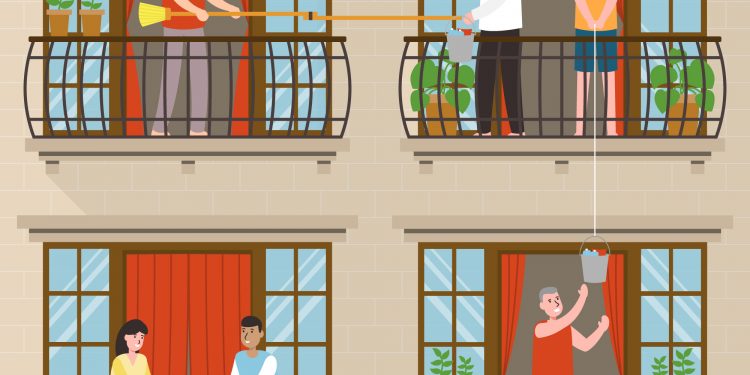I get it. Consumers are going stir crazy because of the lockdown imposed by many states. Businesses are feeling the pain of pandemic as well. All of this is well documented and I will refrain from going into it in depth. Meanwhile, national, state and local governments are tying themselves in knots trying to “jumpstart” the economy. When will the markets open?
To some states, this idea of jumpstart means a controlled lifting of the “shelter in place” orders that were passed by many states as result of COVID-19. States like Georgia, Oklahoma and Alaska all have started their unlocking of the economy by slowly allowing different, non-essential, businesses to open.
The government giving the greenlight to businesses opening is all well and good. Unfortunately, if the consumers are still worried about catching the coronavirus, they will maintain a self-imposed lockdown. The governments are hoping that “if you open it, they will come” (to paraphrase Field of Dreams). Unfortunately, it doesn’t work that way.
Yesterday, CNBC published an article The way out of the recession depends on the level of consumer fear, economists say that gets directly at the importance of consumer comfort in the safety of venturing into retail. The title pretty much gives the article away. Consumers are not coming out if they still fear getting sick. No government or super sale is worth jeopardizing their health.
The end of this recession will depend much more on how consumers react than in past recoveries. “It’s much more behavioral. It’s not just driven by incomes. It’s driven by fear,” said Diane Swonk, chief economist at Grant Thornton. Economists have been looking to China as an example, since the disease started there. “Even a month after they reopened in Wuhan, people are still worried about going to public places and malls.”
In Georgia, which reopened businesses late last month, there is a hesitancy by consumers, she said. “There’s a fear about reopenings and visiting places,” she said. “The malls opened to a lot of fanfare, advertised like crazy, but few people showed up.”
Consumer comfort levels in venturing out into the “world” and returning to the restaurants, retail stores and entertainment venues will take time. Some will jump right in and others will go slowly. I don’t necessarily believe anyone who can say when and how this will all pan out. We haven’t been through anything like this in modern times and as such there is no precedent to look to.
Overview provided by Peter Reville, Director, Primary Research Services at Mercator Advisory Group.









